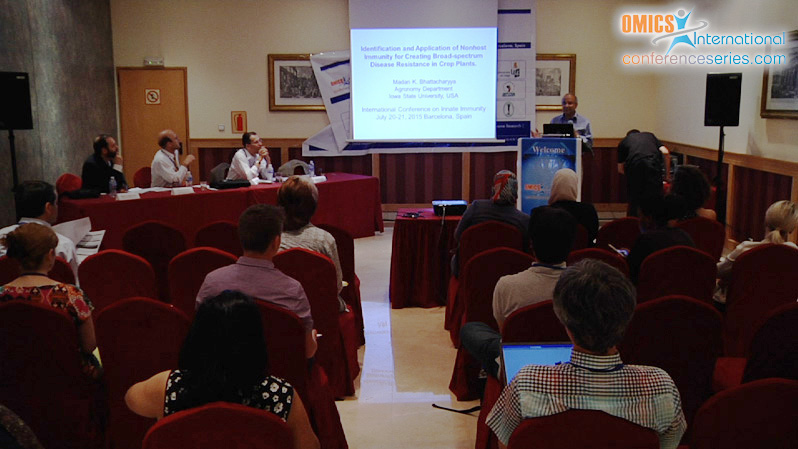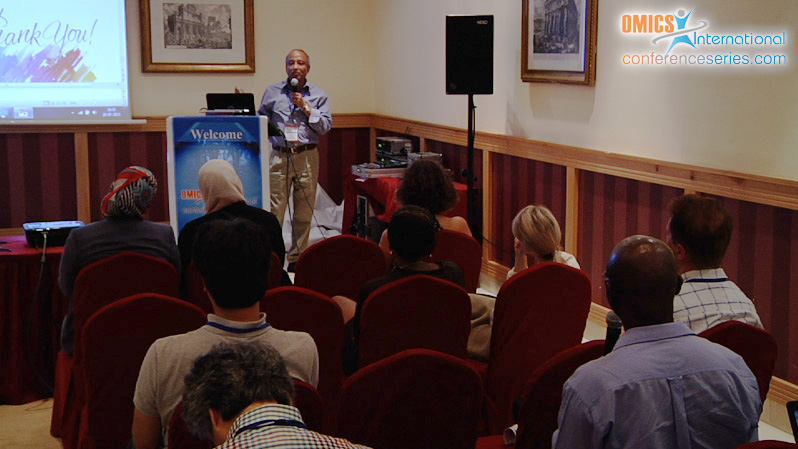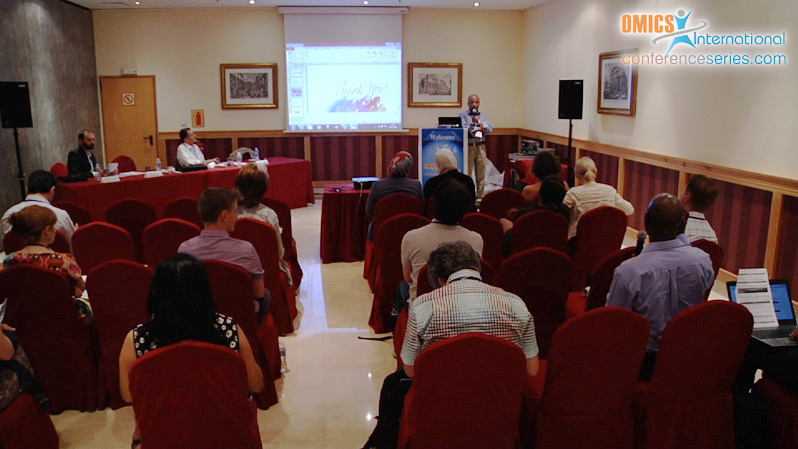
Madan K. Bhattacharyya
Iowa State University, USA
Title: Identification and application of nonhost immunity mechanisms for creating broad-spectrum disease resistance in crop plants
Biography
Biography: Madan K. Bhattacharyya
Abstract
We are surrounded by innumerable number of pathogenic organisms. Fortunately, we are infected by only a few organisms. Crop plants also encounter a large number of microorganisms on a daily basis; only a few of which are pathogenic. A crop plant has the ability to defend pathogens of all other crop species due to their nonhost immunity mechanisms. For example, soybean is immune to maize pathogens; whereas, maize is immune to soybean pathogens. Nonhost resistance mechanisms are broad-spectrum and durable. Therefore, utilization of nonhost resistance mechanisms has been considered to be ideal for enhancing disease resistance in crop plants. We tested this hypothesis by identifying and then transferring Arabidopsis nonhost resistance genes to soybean. We selected two soybean pathogens: the oomycete pathogen, Phytophthora sojae, and the fungal pathogen, Fusarium virguliforme, for this study. Both are serious soybean pathogens. Together, they can cause soybean yield suppression valued up to half-a-billion US dollars. We have isolated 30 putative P. sojae-susceptible (pss) Arabidopsis mutants. Among 30 pss mutants, 14 were also susceptible to F. virguliforme. We have cloned five Arabidopsis nonhost resistance genes by utilizing six of these 14 selected pss mutants. We have transferred two of these genes encoding a glycine-rich protein and a folate transporter to soybean. Transgenic soybean plants carrying these genes are resistant to both P. sojae and F. virguliforme. Thus, our results confirm the applicability of nonhost resistance mechanisms for creating broad-spectrum disease resistance in crop plants. We have also demonstrated that folate is essential for nonhost immunity



